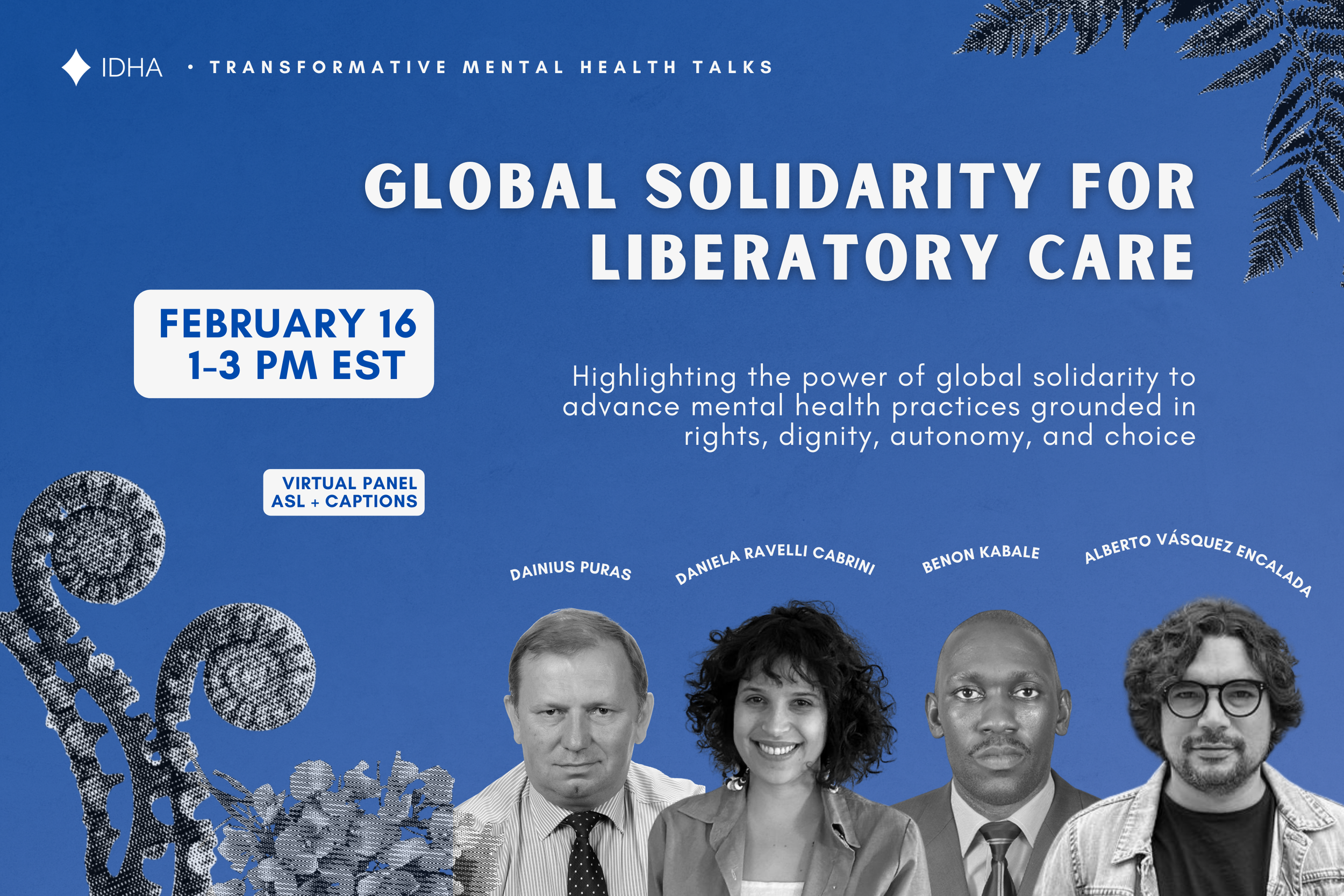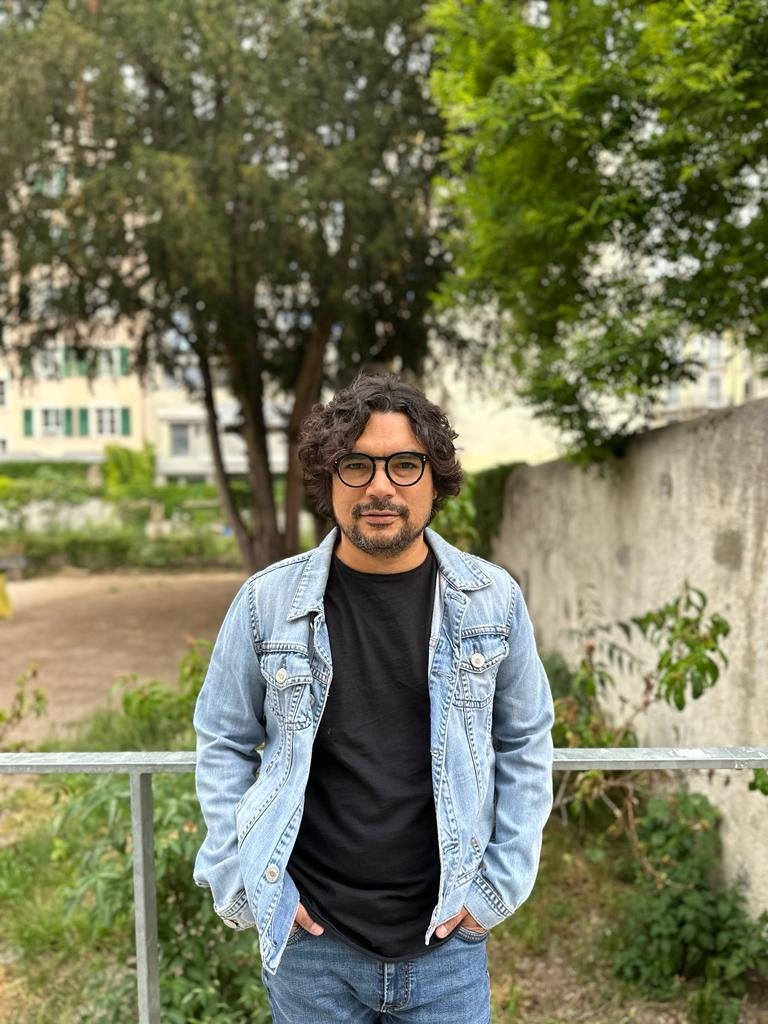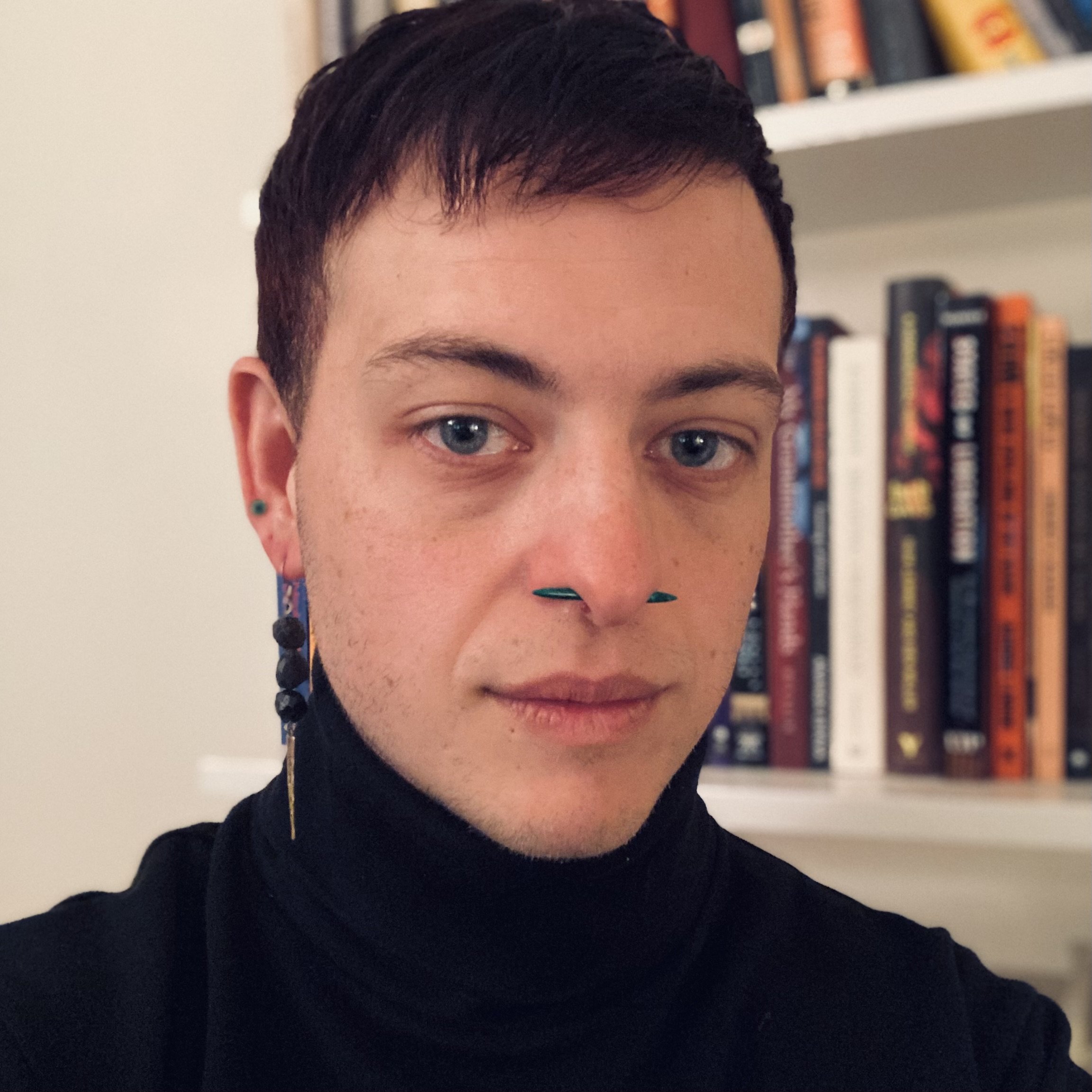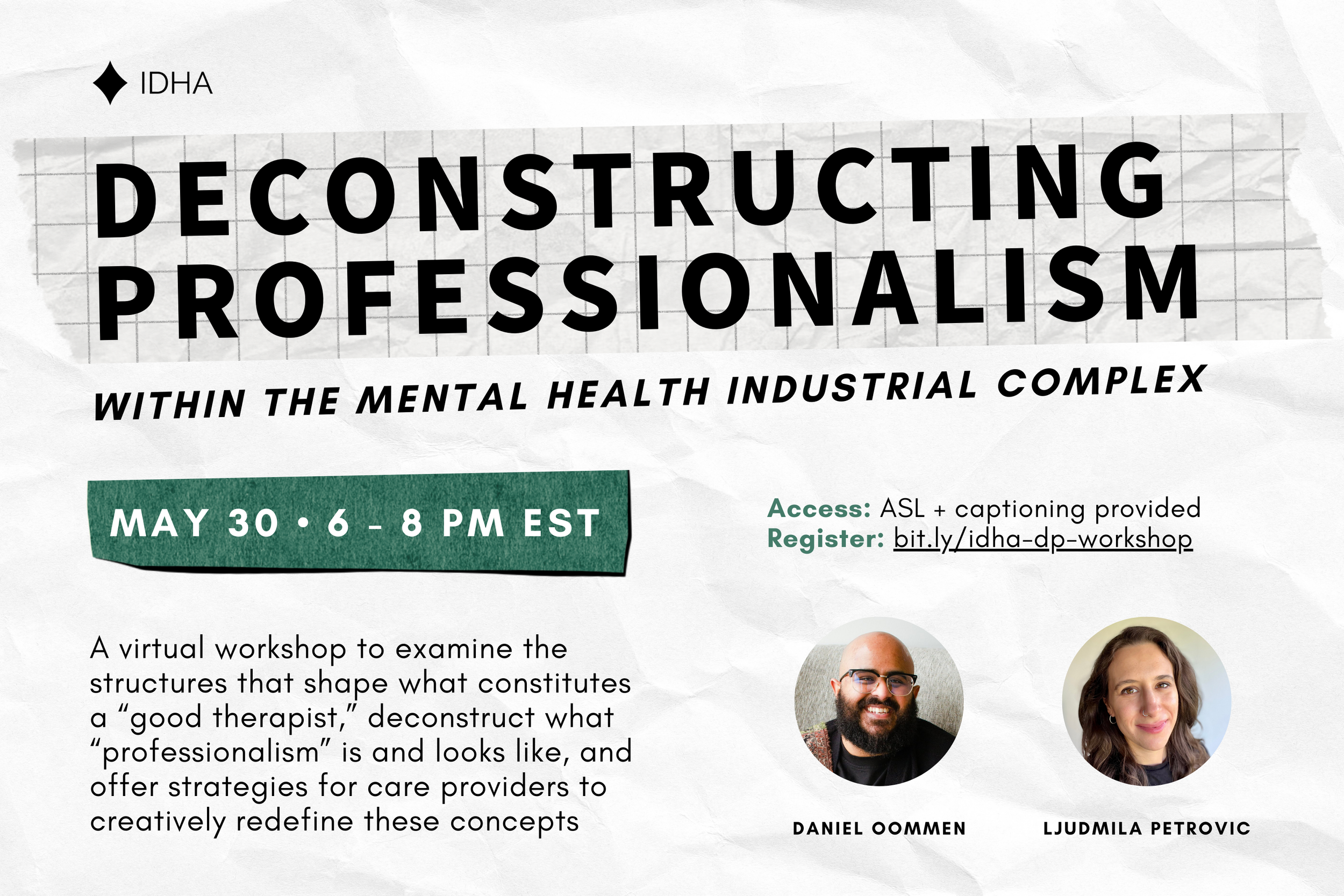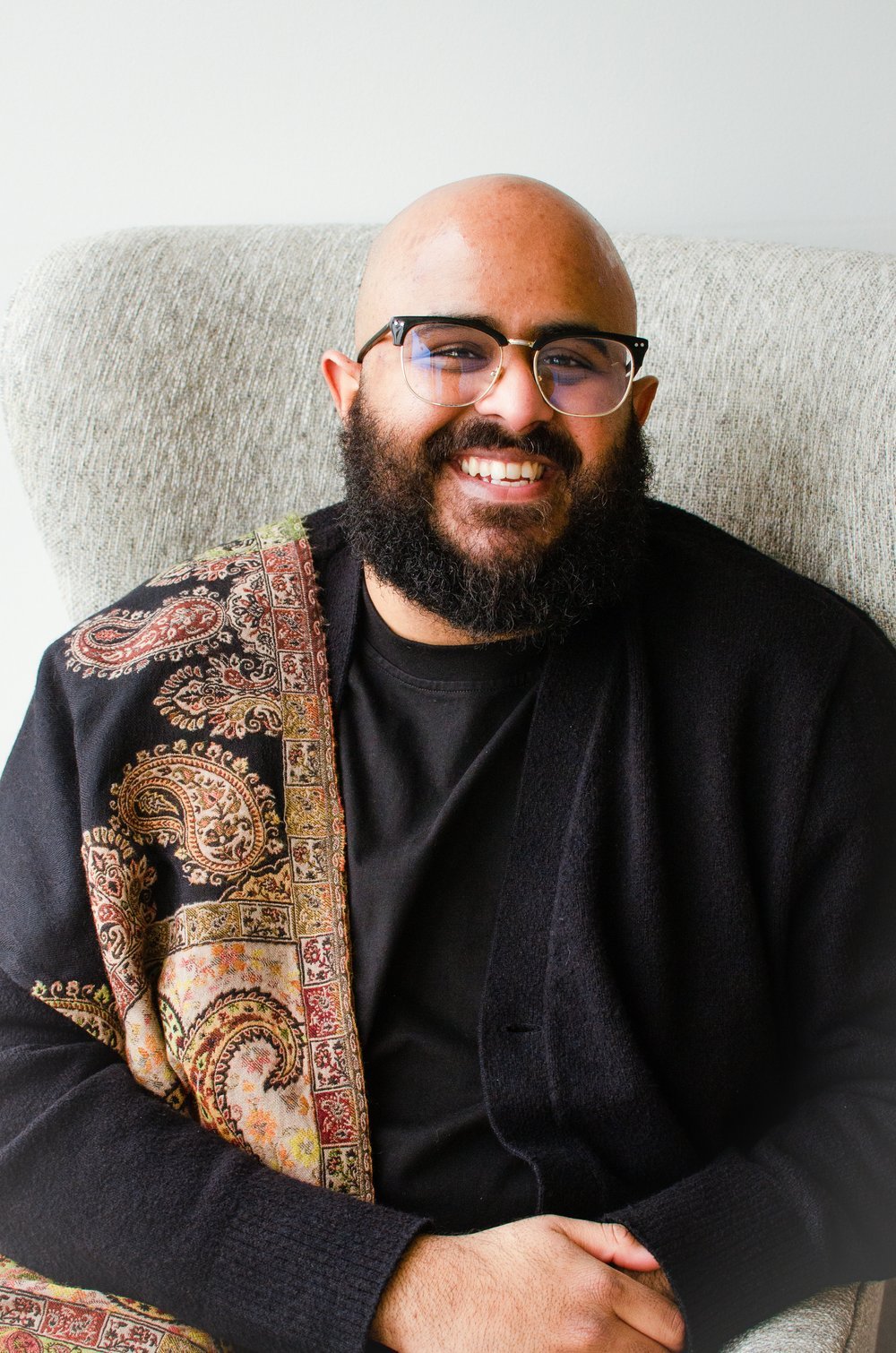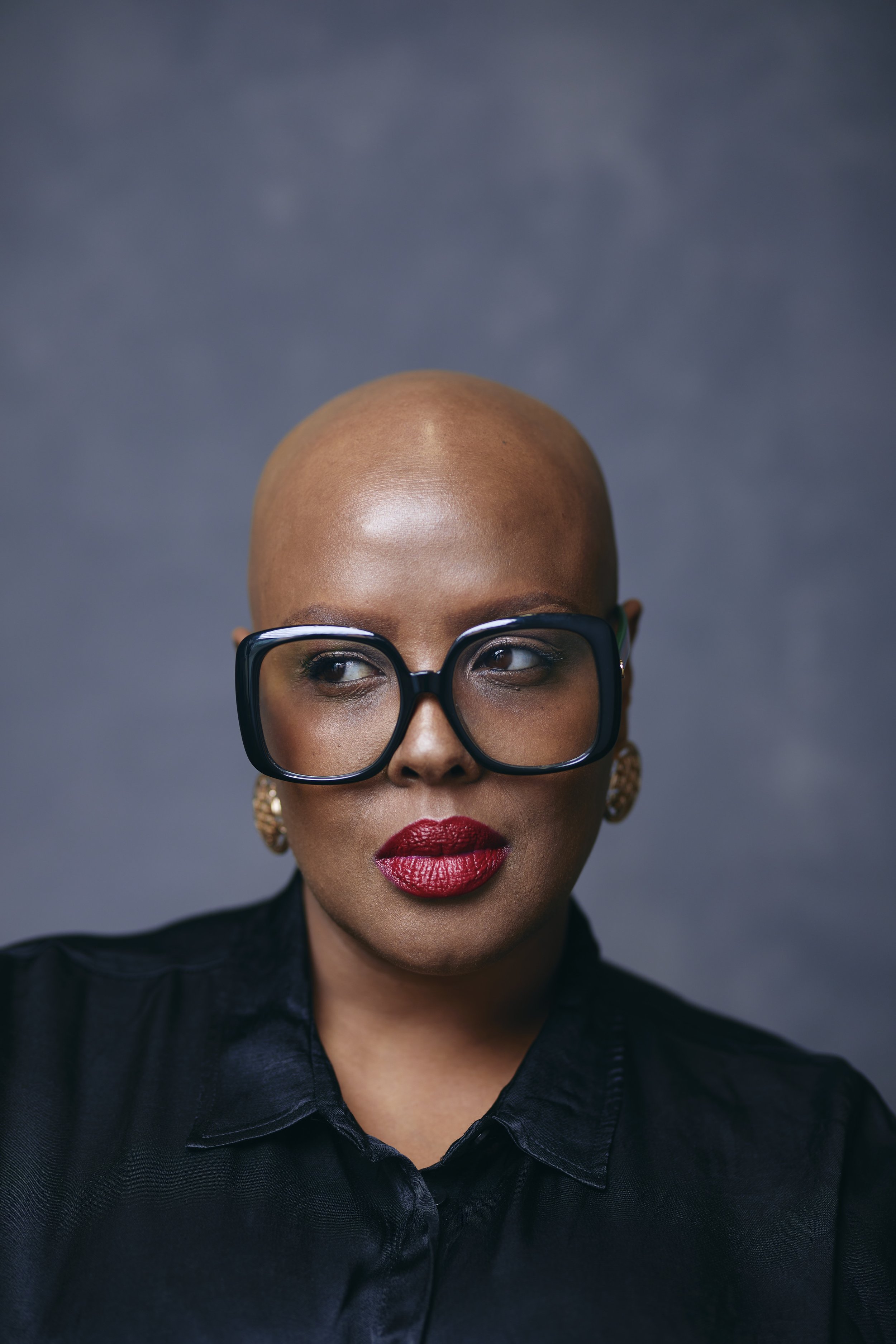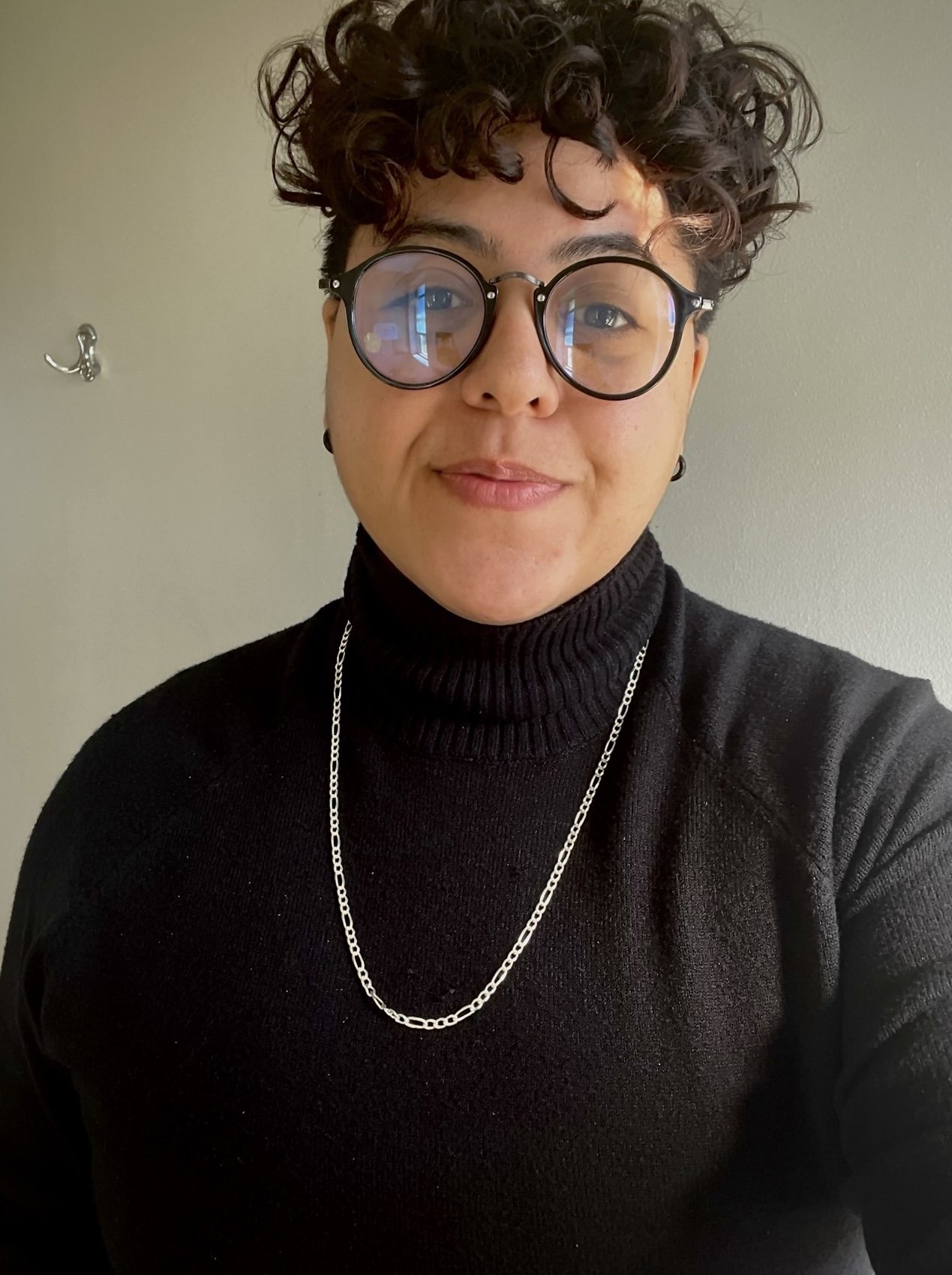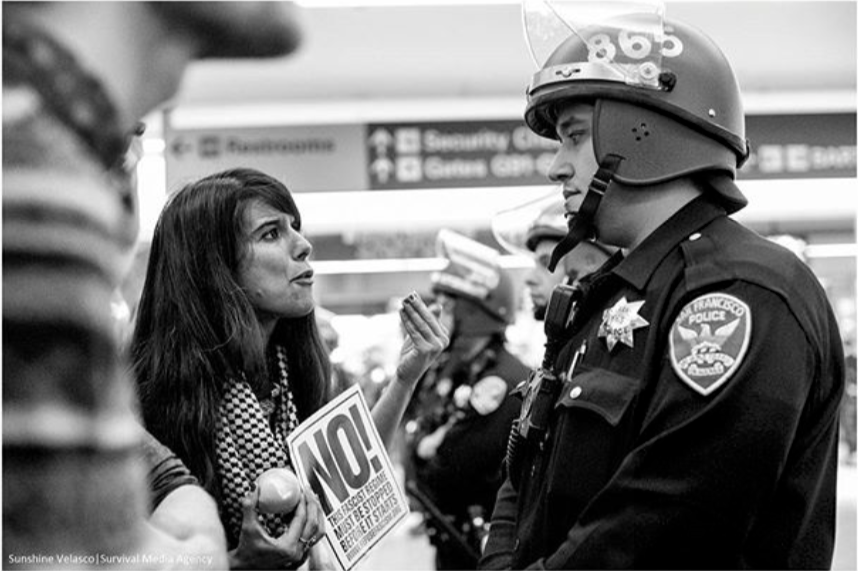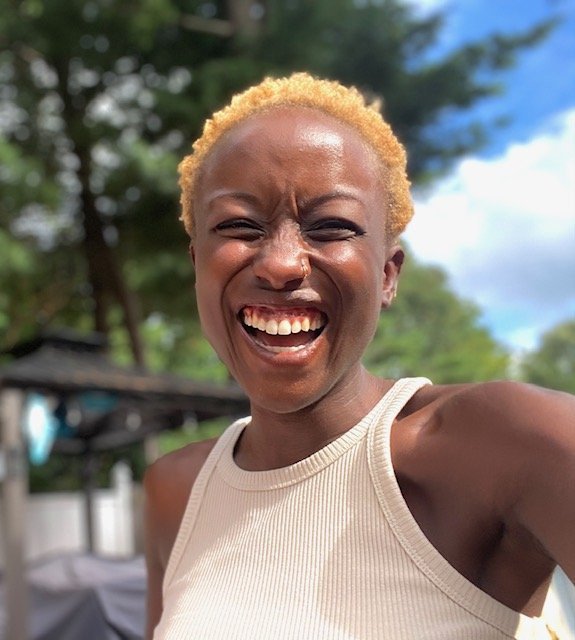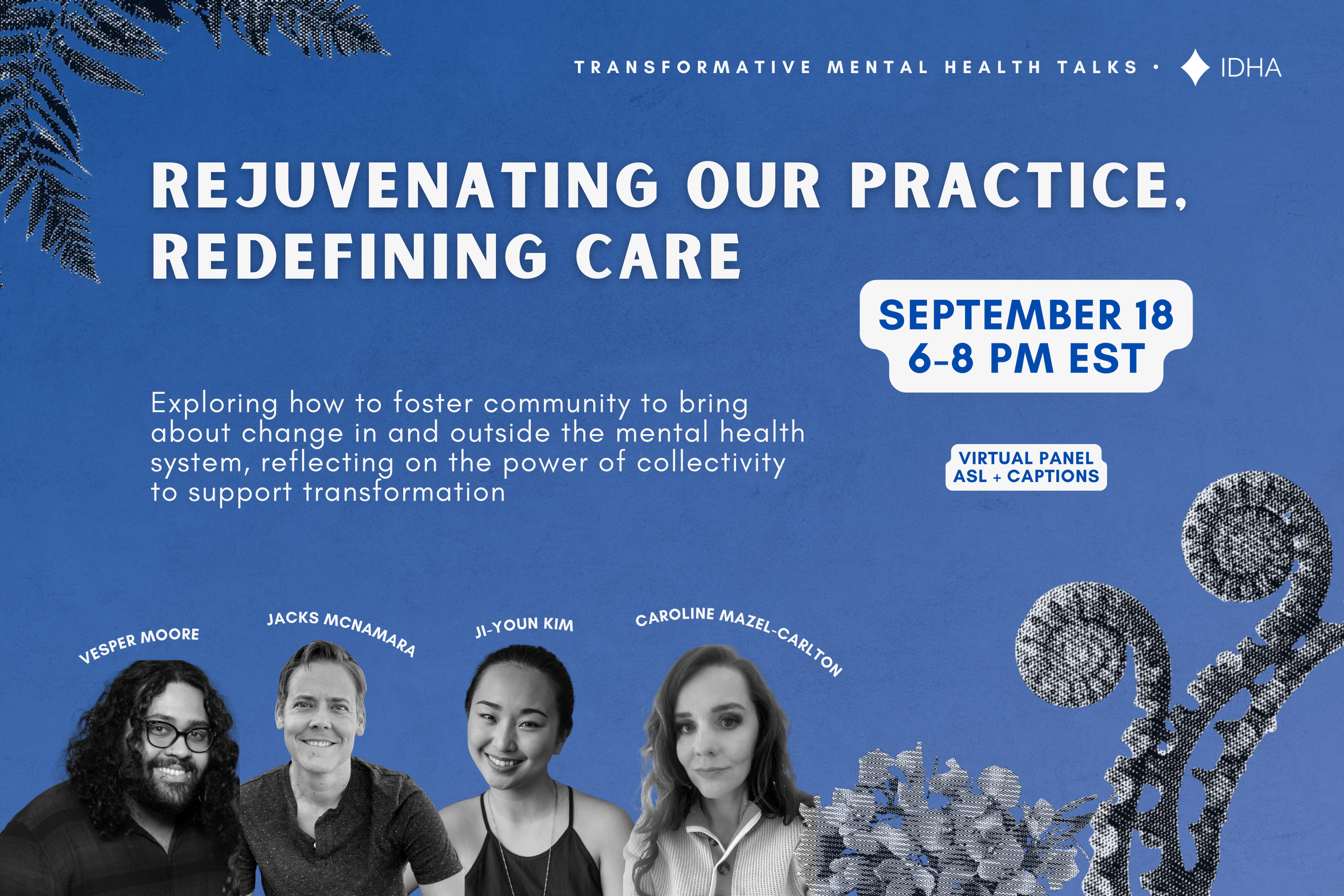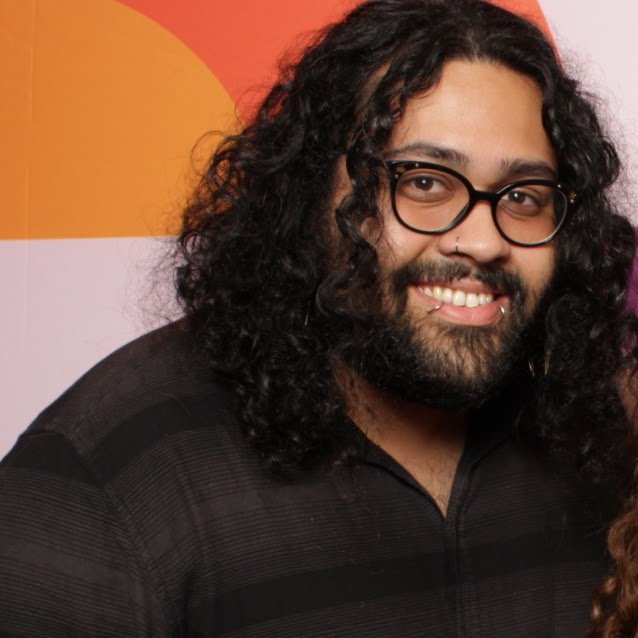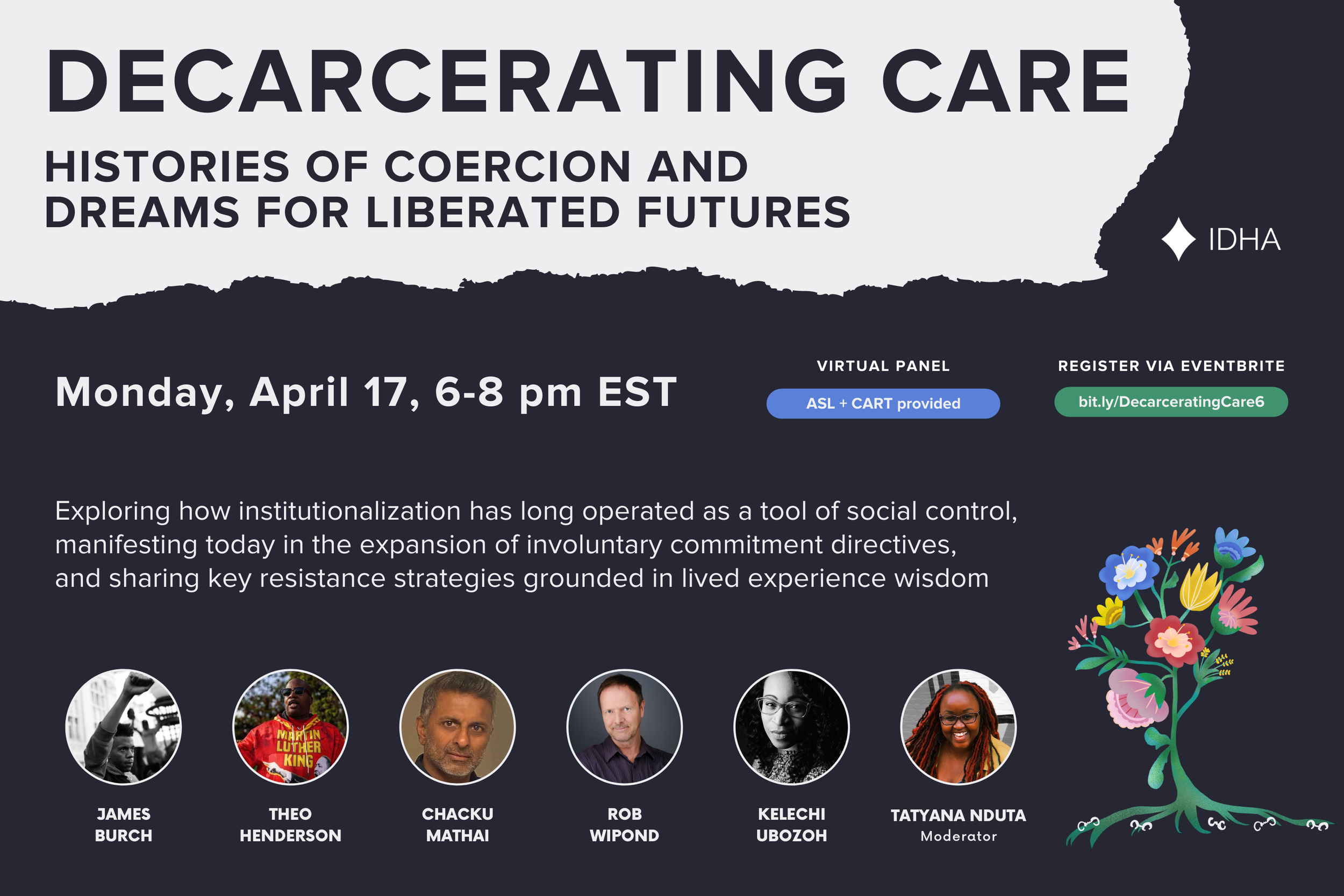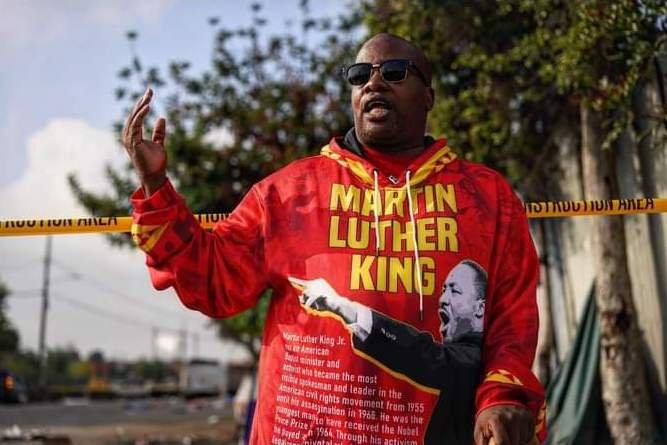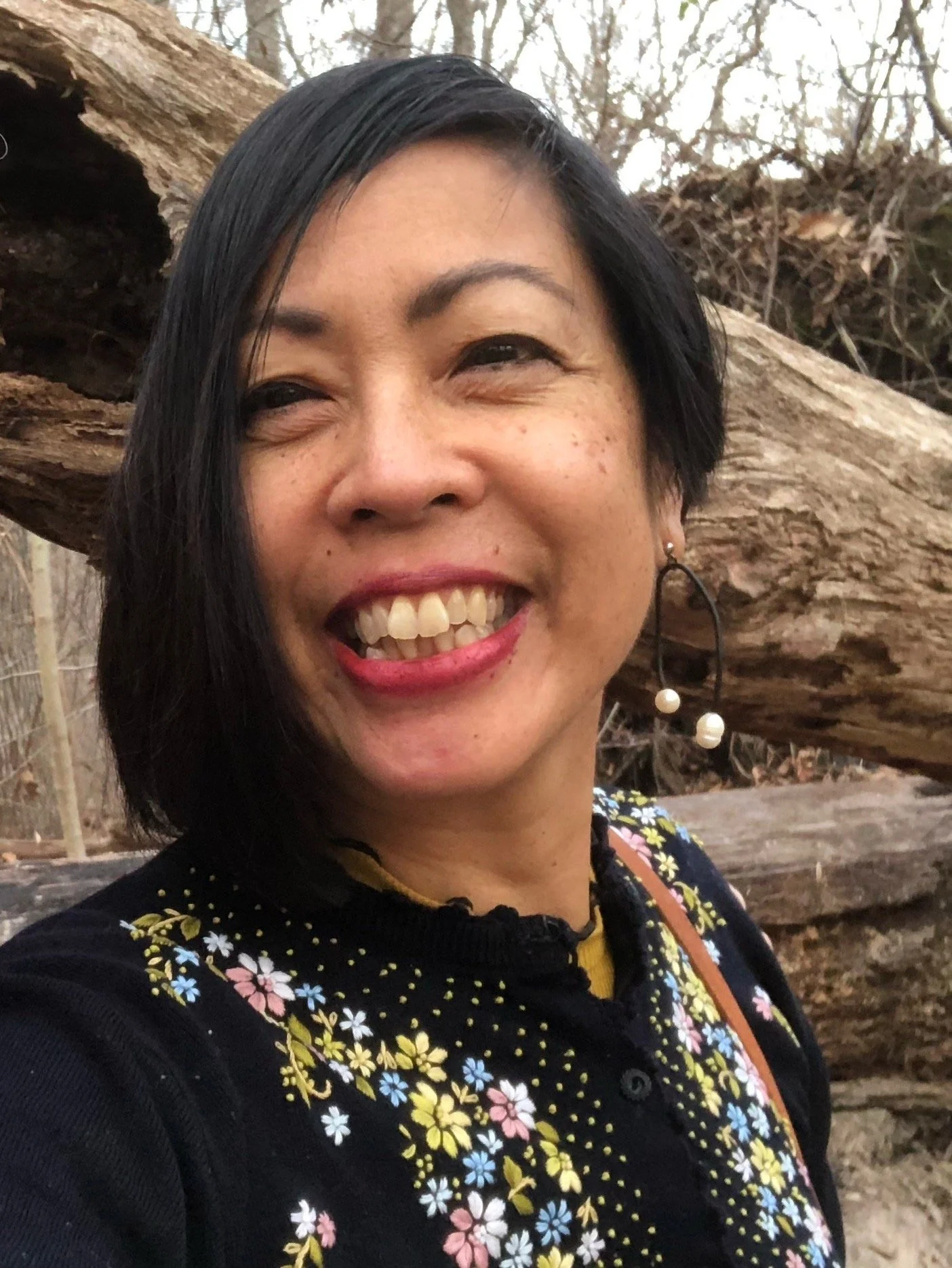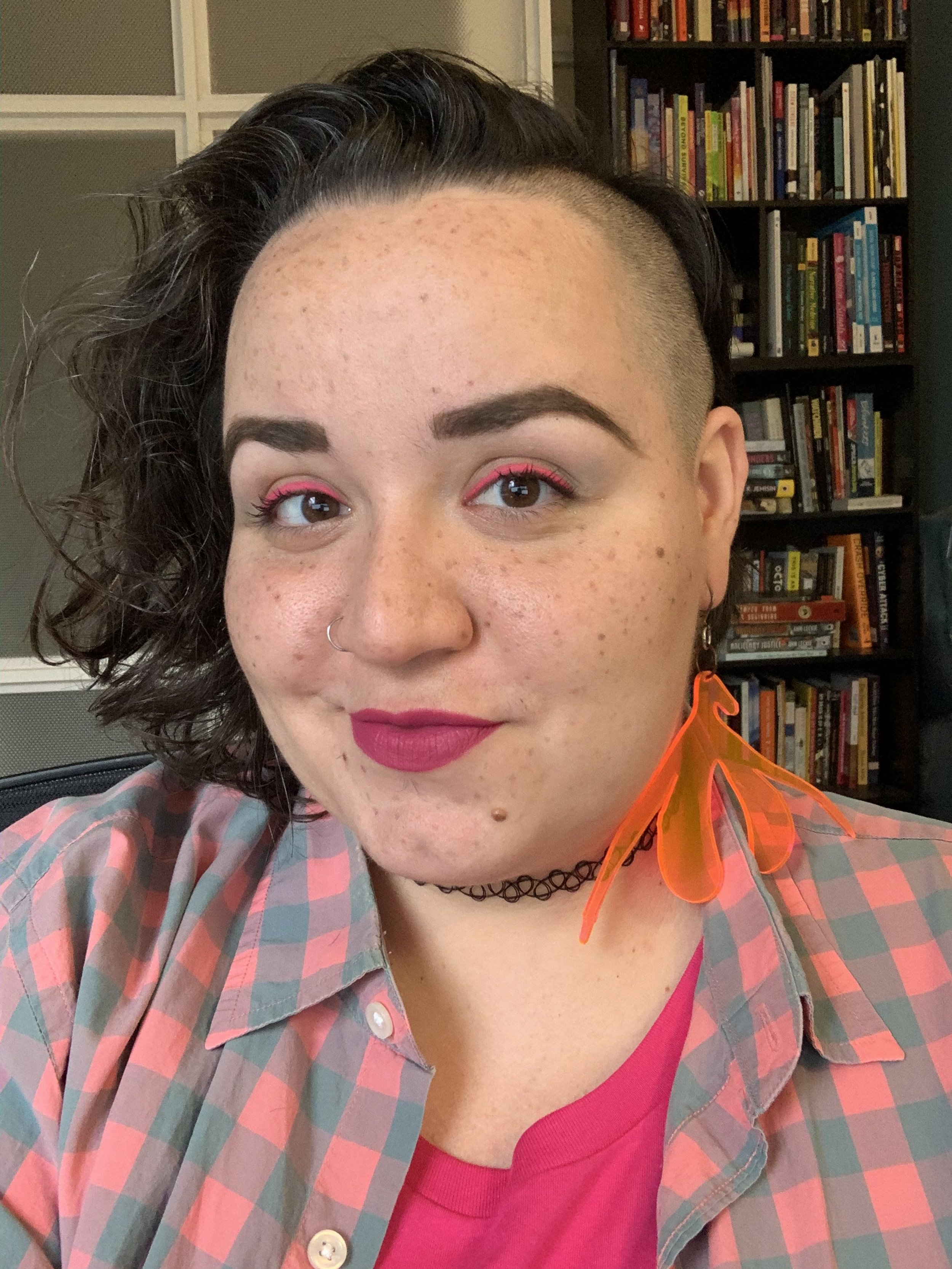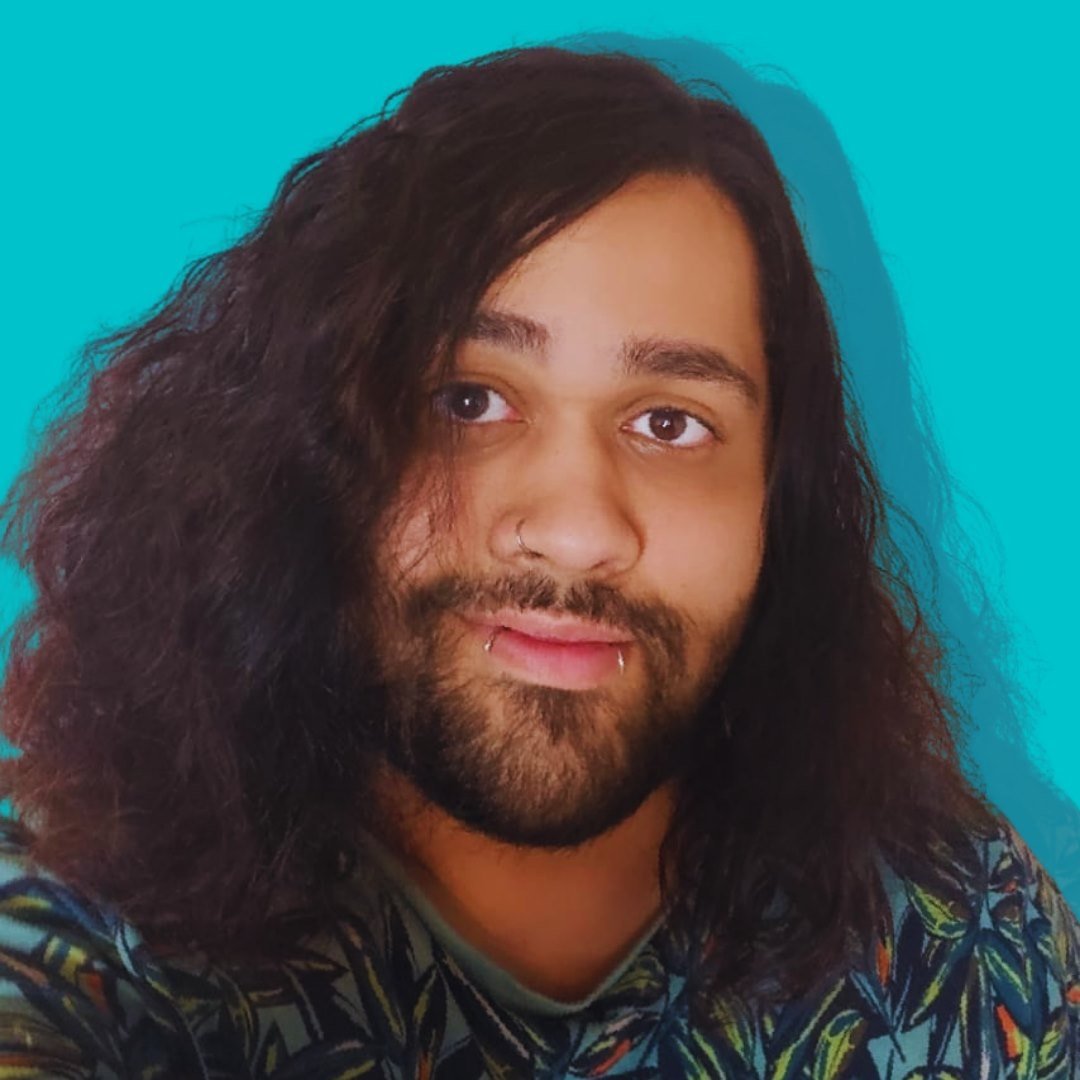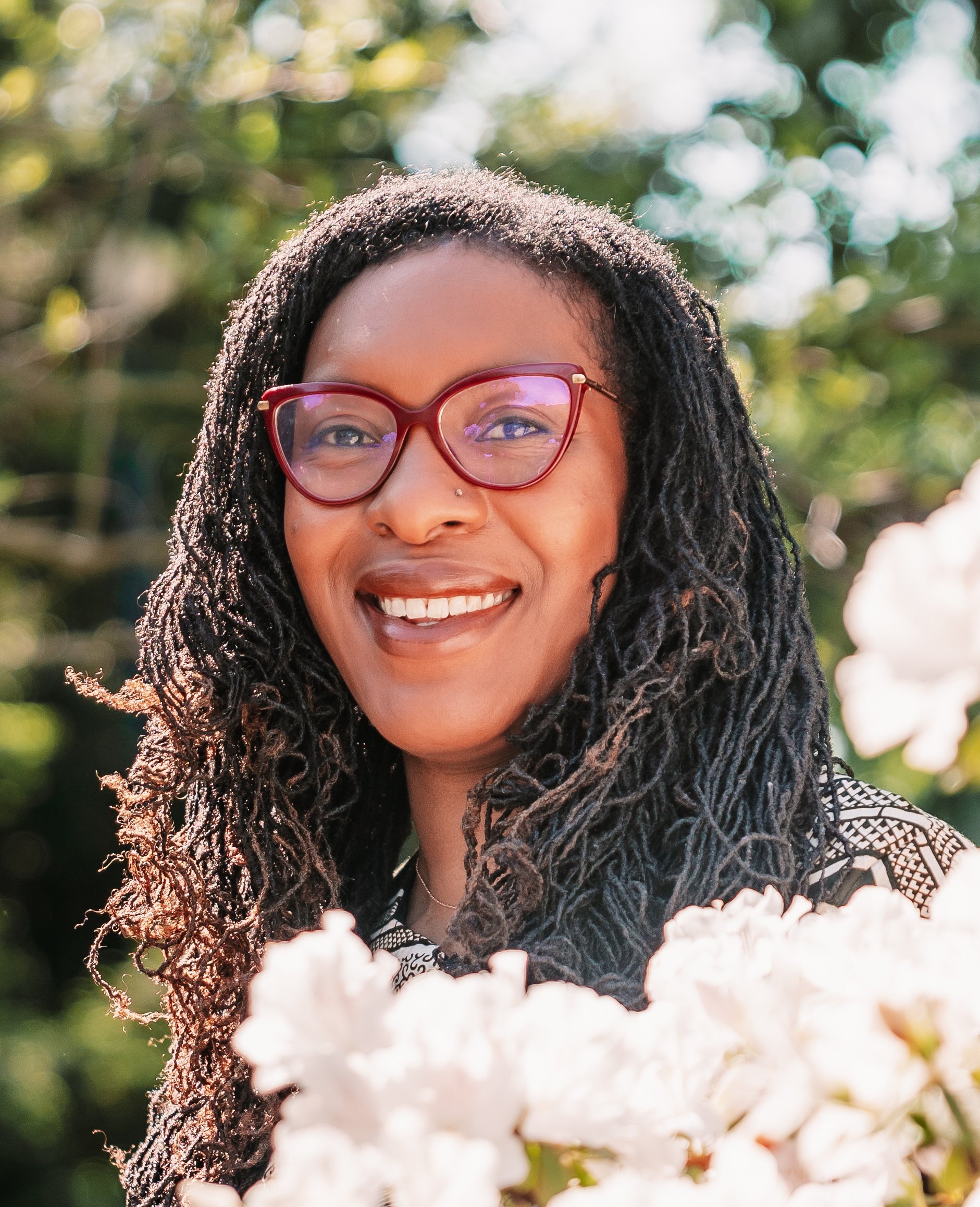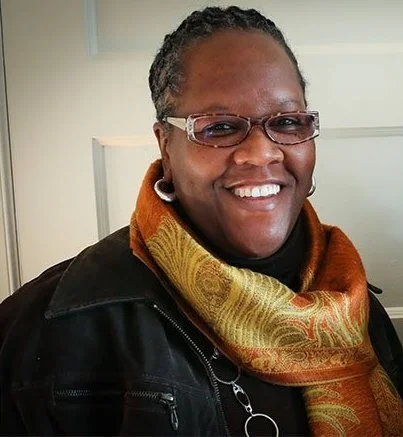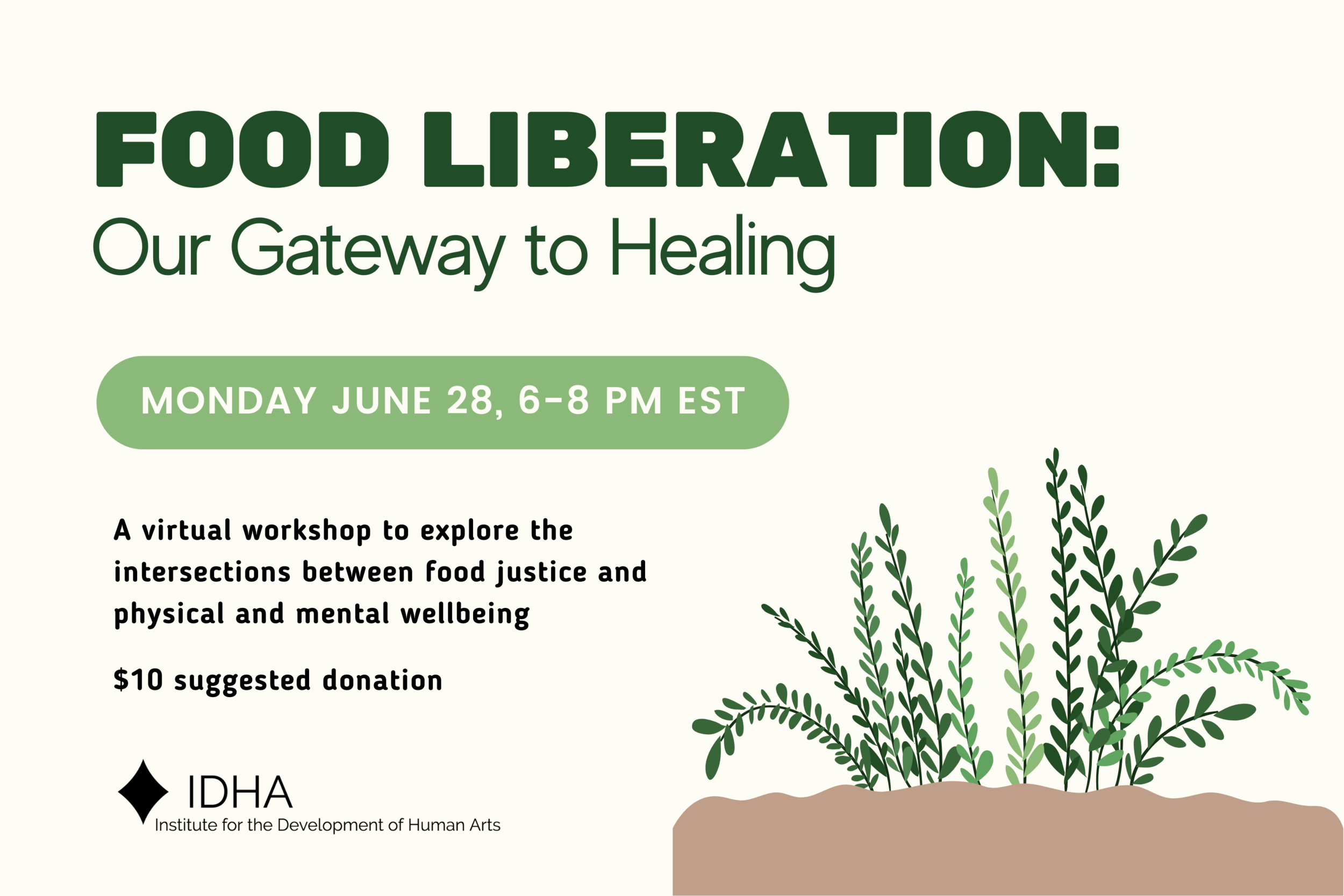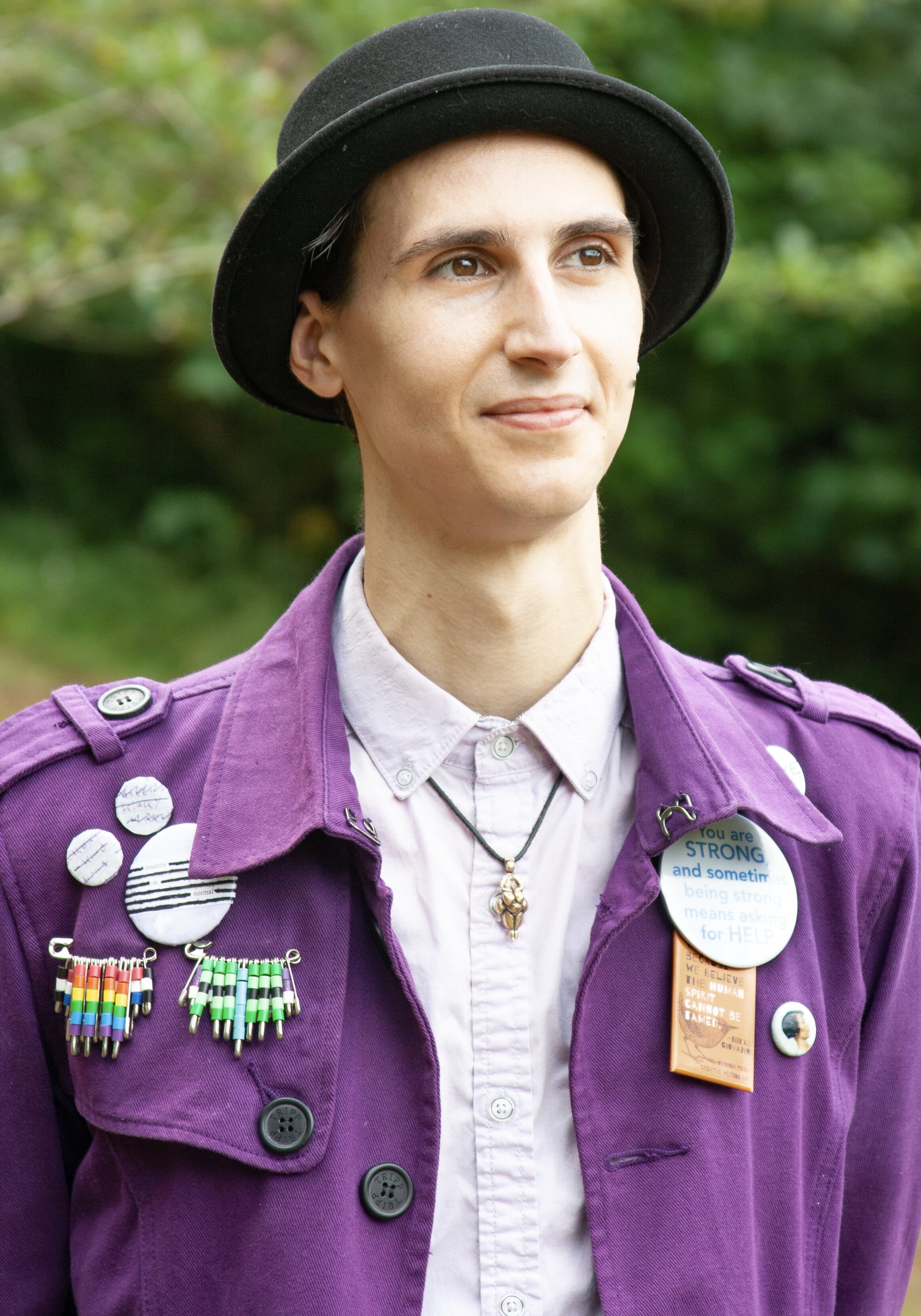
Decarcerating Care: Strategy, Struggle & Sustained Commitment
About the Series
IDHA organized our first-ever Decarcerating Care conversation in September 2020, in the midst of ongoing racial uprisings in the United States and globally. As abolitionists and organizers called to divest funding from the police and some advocated for reallocation to mental health care, IDHA sought to draw attention to the ways in which the mental health care system maintains white supremacist, racial hierarchies and operates on logics of surveillance, coercion, and control. In the five years since, IDHA’s eight panels have reached more than 15,000 people with urgent dialogue about alternatives to policing that are rooted in the lived experience of mental health service users and survivors, movement leaders, and disabled community members.
We have thus far explored: the importance of taking policing out of mental health crisis response; the ways in which “reforms” uphold the ongoing coercion of marginalized communities; concrete steps and tools for decarcerating one's practice; how to build community-based healing alternatives; how systems of surveillance intersect with mental health and disability; the ways in which institutionalization operates as a tool of social control; how the mental health industrial complex pathologizes acts of resistance; and how to transcend carceral approaches to mandated reporting.
About the Event
The state is escalating the pathologization and criminalization of trans, immigrant, Indigenous, disabled, poor, and other marginalized communities at an alarming rate. While authoritarian control may be more visible right now, this tactic – relying on the definition of certain groups as ‘other’ to justify their exclusion, control, and disappearance – is nothing new. Today, it manifests in involuntary commitment laws targeting unhoused communities, coercion and abuse in community-based settings, and the everyday pathologization of those resisting unjust and inhumane conditions. Politicians across ideological lines have called for expanding forced interventions as a supposed solution to social crises, doubling down on a long history of psychiatric incarceration being framed as ‘help.’ The mental health system remains a key site where state violence and social control unfold under the guise of care.
On Monday, May 5, 2025, IDHA will continue the conversation with Decarcerating Care: Strategy, Struggle & Sustained Commitment. In this ninth installment of the series, we will take stock of past, present, and future efforts to decarcerate care. As we navigate a volatile sociopolitical moment, it is essential to pause and assess our strategies. What lessons from history must guide us now? What strategies have been effective, and where do we need to shift course? How do we resist the pressure of reacting, and instead stay focused on long-term, systemic transformation? Drawing from diverse lineages and contexts, our panelists will explore where we go from here – balancing the need to meet the moment with a broader, long-term vision. Together, we will reflect on the urgency of the present while amplifying strategies that move us toward a future where radical care is accessible, just, and free from state violence.
Please register via Eventbrite to join. After registering, you will receive a confirmation email with details on how to dial into the Zoom webinar.
Donations
IDHA is a small organization that strives to meet the accessibility needs of our community to the best of our ability. Our events are by tiered suggested donation to ensure we can provide closed captions on our events and other programs, though we strive to never turn anyone away. We appreciate donations of any size for those who have capacity to give.
Access
ASL + CART will be provided in Zoom. If we reach maximum capacity (1,000 people), this webinar will also be broadcast live on IDHA’s Facebook page (note that the Facebook stream will have ASL interpretation visible, but not live captions). The session will be recorded and shared with all registrants. If you have any questions about access, please email us at contact@idha-nyc.org.
Panelists
Olka Baldeh
Olka (they/she) is a Fulani storyteller, poet, and justice advocate. She has spent over a decade fighting against police brutality and advocating for social change. As a communications specialist and campaign strategist, Olka uses her talents to uplift marginalized communities, including Black, Queer, and non-conforming people. Olka is the Director of Advocacy and Outreach for Trans Lifeline, a grassroots peer-support hotline and microgrants organization offering direct emotional and financial support to Trans people in crisis.
Dr. Autumn Asher BlackDeer
Dr. BlackDeer is a queer anti-colonial scholar-activist from the Southern Cheyenne Nation and serves as an assistant professor in the Graduate School of Social Work at the University of Denver. Her scholarship illuminates the impact of structural violence on American Indian and Alaska Native communities. Dr. BlackDeer centers Indigenous voices throughout her research by using quantitative approaches and big data as tools for responsible storytelling. Dr. BlackDeer is a racial equity scholar with an emphasis on Indigenous tribal sovereignty and is deeply committed to furthering anti-colonial abolitionist work.
Sean Donovan
Sean (he/they) is a peer advocate & facilitator, educator around harm reduction approaches to suicide prevention for Wildflower Alliance, organizer for non-carceral community care responses, amateur queer historian with the Sexual Minorities Archives and performer with the band Feminine Aggression, through which they’ve hosted multiple Queer Punk Drag and explore themes of queerness and mad liberation. After one year working for local government in 2022, he's now back to his roots and challenged by new roles. Sean now mostly splits work between Wildflower Alliance as a training facilitator and Growing a New Heart & A Call for Change Helpline as facilitator, outreach educator and helpline responder helping address harm and abuse with a transformative justice-approach. They also have a small but passionate role with The Black Reponse - Cambridge as an organizer for the Mass Community Care Network project, bringing together groups across the state practicing non-carceral community care for mutual support, skill share and co-learning opportunities.
M. E. O’Brien
M. E. is an author and psychotherapist. She has two books, Family Abolition: Capitalism and the Communizing of Care (Pluto, 2023) and the co-authored revolutionary science fiction novel, Everything for Everyone: An Oral History of the New York Commune, 2052–2072. Most recently, she helped in a collaborative book with Pinko entitled After Accountability: A Critical Genealogy of a Concept (Haymarket, 2025). She is also a licensed clinical social worker, psychotherapist in private practice, and is a psychoanalyst in formation.
Luke Sikinyi
Luke is a dedicated advocate for mental health services. His own experiences maintaining recovery as well as his experiences in direct service provision push him to help create a better system for those dealing with serious mental health challenges. He has an educational background in Psychology as well as a Master of Science in Public Health with a focus on Health Education and Health Communication from Johns Hopkins University Bloomberg School of Public Health. Luke has wide ranging experiences from conducting research for policy changes to improve adolescent mental health to national policy advocacy to improve access to services for marginalized and disadvantaged communities. His understanding of research and valuable expertise organizing advocacy efforts on the local, state, and national level helped the organizations he has worked with push for funding for peer services, workforce development, and other person-centered recovery services. He is the Director of Public Policy at the Alliance for Rights and Recovery (formerly NYAPRS).
Nze Okoronta
Nze is a mad Black radical community organizer, harm reductionist, trainer, facilitator and writer currently living and building mad community and anti-carceral focused efforts in Madison, WI and beyond. They are known for work surrounding mental health crisis services, peer run respites, peer support warmlines, crisis hotlines & harm reduction. Nze has been involved in and provided direct support to organizations doing work around alternative responses to mental health crisis, alternatives to policing, civil rights protections, disability justice, housing + houselessness, and intersectional liberation struggles specifically within Black and LGBTQ+ identified peoples. Nze is currently the Co-Executive Director of a peer-led organization, overseeing Solstice House, a Peer Respite & Warmline. Outside of their daily work, Nze is studying deathwork and conflict transformation with the intention of supporting people navigating grief, change and loss. Nze feels most whole when surrounded by trees. After many long afternoons spent at work in the community, they can be found hiking in the woods alongside their dog familiar (Pluto) or stargazing in a field.








